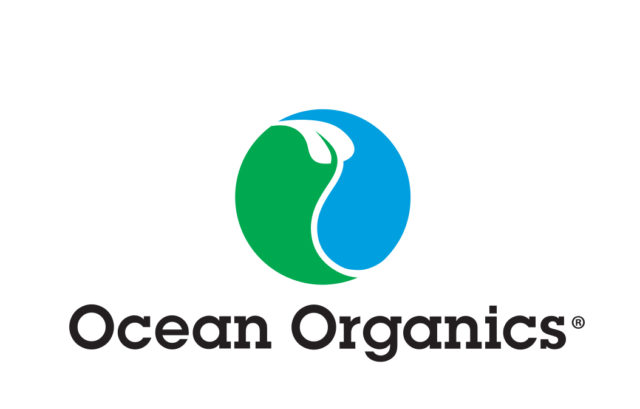No sirens or flashing lights here. I know the dangers of mentioning “fire” in a room full of farmers, so I wanted to clear the air as fast as possible.
I’m not referring to a barn full of hay set ablaze by a stray spark or a loaded down trailer caught in an unfortunate accident.
I’m referring to the spark I saw on stage this week during the American Forage and Grassland Council Forage Bowl competition at their annual meeting in Winston-Salem, North Carolina. As I sat at the table with a few faculty members from universities across the country and a few people representing the USDA, all our conversations quickly turned into how impressive the competitors were. Most of them answered questions faster than they could be read, and only a few questions were missed all weekend. All the competitors were great sports and won and lost with grace and handshakes for their competition.
While the rest of the conference continued with great presentations and the chance to speak with producers, so many of our conversations tied back to the students on the stage competing in the forage bowl. Hardworking students who clearly find some type of enjoyment in learning as much as they can about the forage industry and competing with their peers. I have a hard time believing these contestants would dedicate time during their college careers to practice forage bowl just to graduate and leave the industry as a whole.
It's normal at these types of meetings to focus on the gloom and doom. More regulations in the pipeline, more extreme weather, less water, rising input costs and any other topic that is considered hot button in our industry. Within forage specifically, we are dealing with how to overcome leaders in the field retiring, and the struggle to find younger people to fill their spots.
At the same time, the question of how to use social media to advance our operations is repeatedly discussed at these conferences. It brings to light the question of if we are calling on the next generation of forage specialists to fill these roles and bring us forward. And if not, why?
Are we mentoring the next generation to feel comfortable taking these positions?
I grew up in this industry. I went from donning the four-leaf clover to the blue corduroy. I went to a college that offered ag programs I was interested in, but I still would not feel comfortable in the role I am in today without Lynn Jaynes as a mentor.
My challenge to you would be to take a step back and ensure you are doing everything you can to serve as a mentor to someone in this industry. No matter age or location, use your resources to inspire others.
The excuse that they aren’t there is no longer valid. A stage full of forage bowl contestants says differently.










